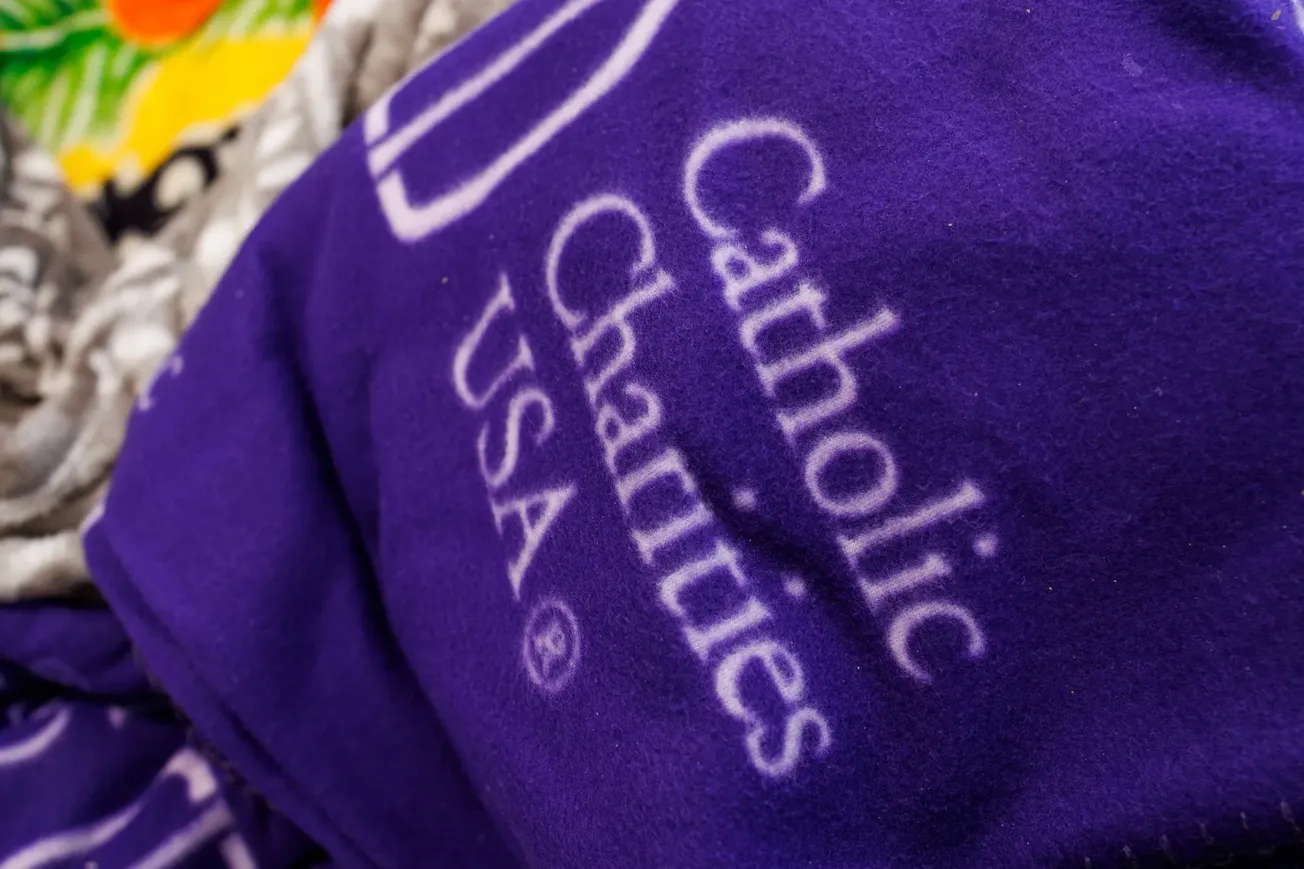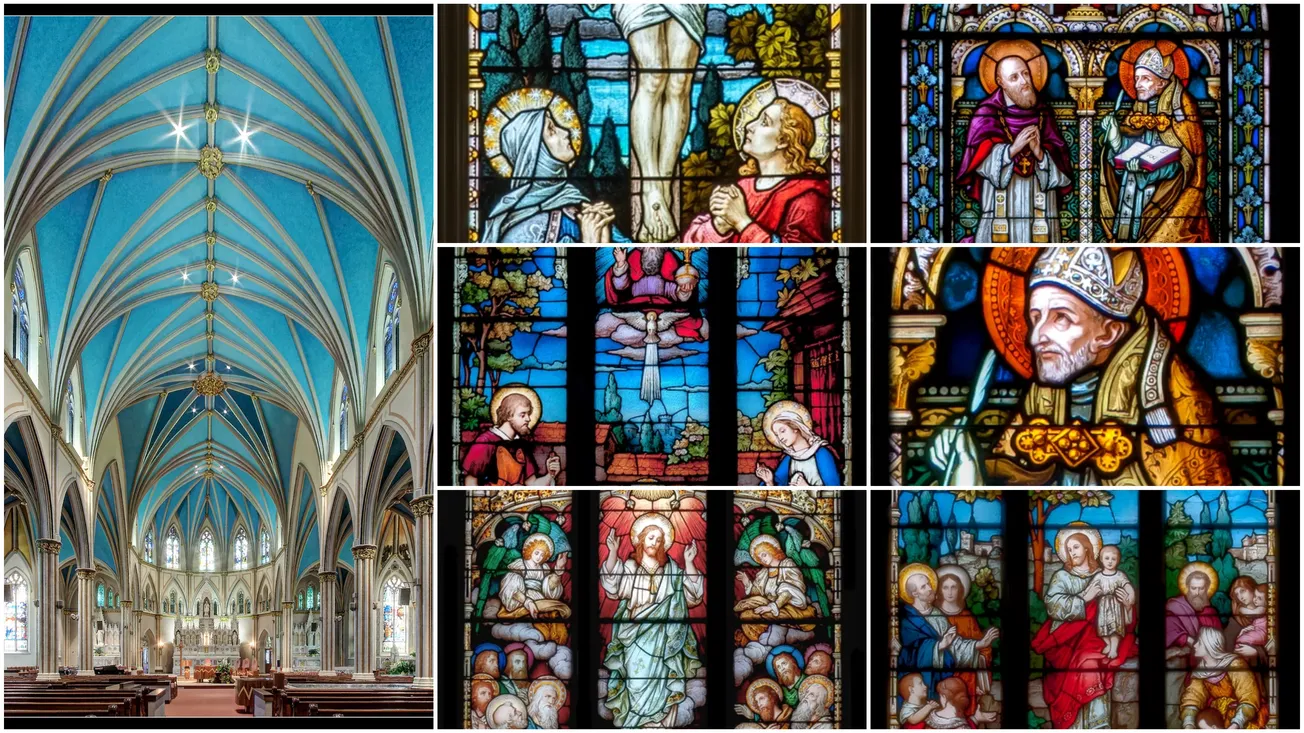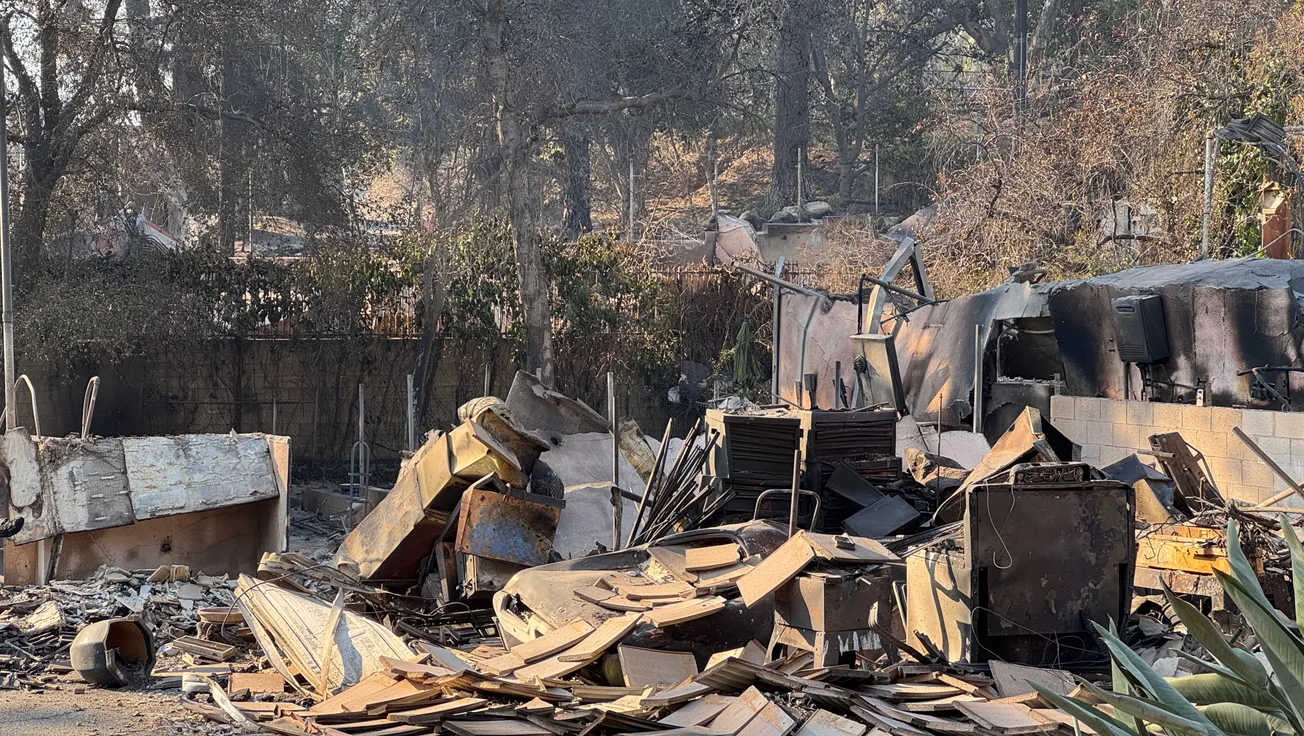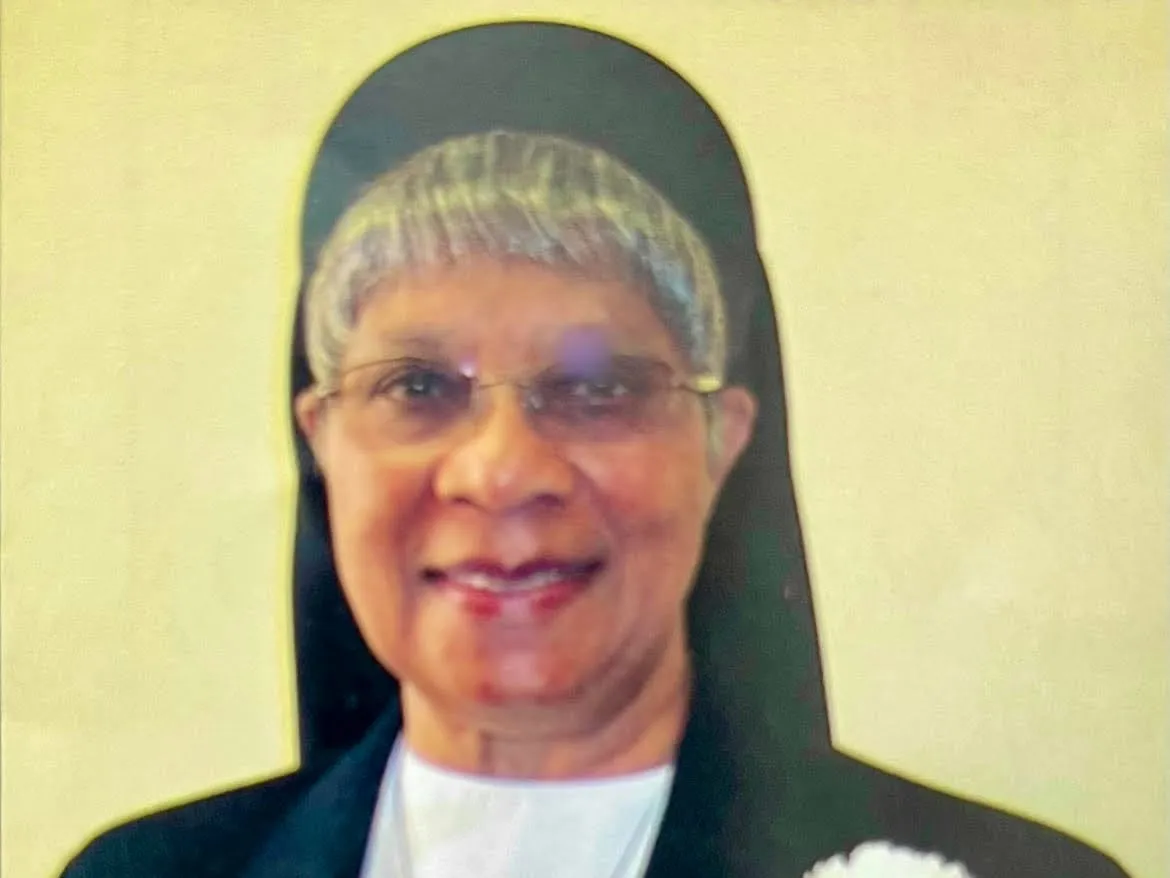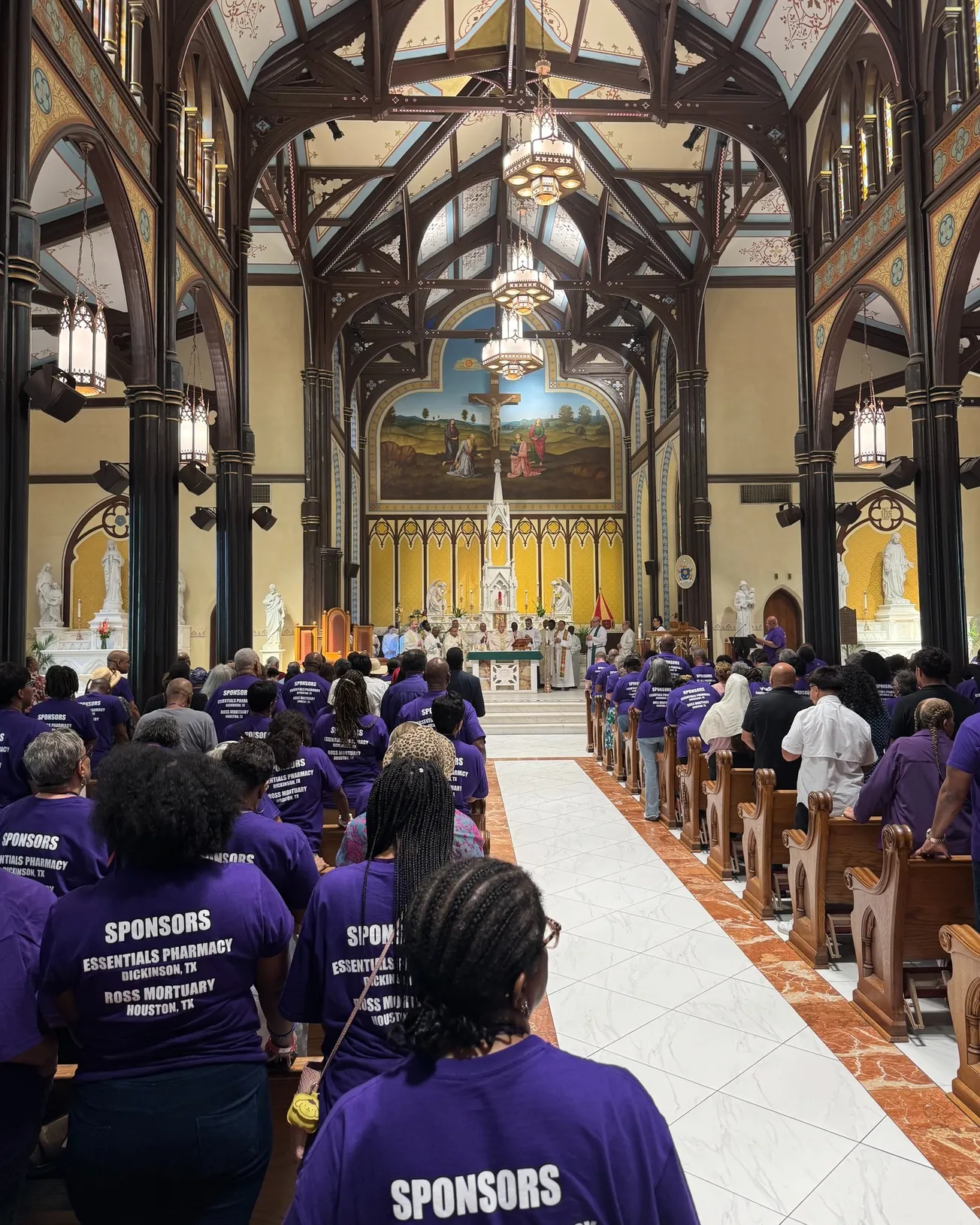Sharon Lavigne, the award-winning Black Catholic environmental activist from Southeast Louisiana, is raising money for the rebuilding of her home, which was badly damaged in Hurricane Ida last month.
“My house is destroyed. I’m not sure it can be fixed,” she said on August 30th to Julie Dermansky of DeSmog, a publication battling disinformation on global warming.
Some of the heaviest damage from the storm occurred just west of New Orleans in an area known as Cancer Alley—so named due to a number of local chemical plants and their known carcinogenic emissions, which are loosely regulated by the Louisiana state government.
Lavigne, known for her opposition to the plants via her faith-based RISE St. James nonprofit, lives in St. James Parish and won the Goldman Environmental Prize in June for her work.
A little over 90 days later, she is now fighting a different, but related battle—with RISE organizing hurricane relief efforts on top of its usual activities.
Lavigne told DeSmog that one of the effects of the perpetuation of Cancer Alley is that the emissions will not only harm residents by damaging their health, but also by worsening hurricanes via warming of the oceans.
Just this past spring, the United Nations called the continued corporatist degradation of the largely African-American region “environmental racism”.
Also occasioning accusations of discrimination was the delayed government response to Hurricane Ida in St. James, where some residents say relief did not come for over a week after Ida made landfall.
Someone tell @stjamesparishla to DO ITS JOB
— michael 🦐🌻 (@lilprole93) September 6, 2021
In the majority Black 4th District of St James Parish, Louisiana, residents say theres been ZERO relief efforts from local officials since #HurricaneIda
this power line has blocked Pleasant Hill St for seven days. unacceptable. pic.twitter.com/iRsoGpZv29
In the meantime, RISE began promoting GoFundMe campaigns for both Lavigne and her fellow displaced environmental activist Robert “Bobby” Taylor (from neighboring St John the Baptist Parish) to repair their homes.
They have raised over $35,000 as of Saturday evening.


Nate Tinner-Williams is co-founder and editor of Black Catholic Messenger, a seminarian with the Josephites, and a ThM student with the Institute for Black Catholic Studies at Xavier University of Louisiana (XULA).
Want to support our work? You have options.
a.) give on Donorbox!
b.) create a fundraiser on Facebook






